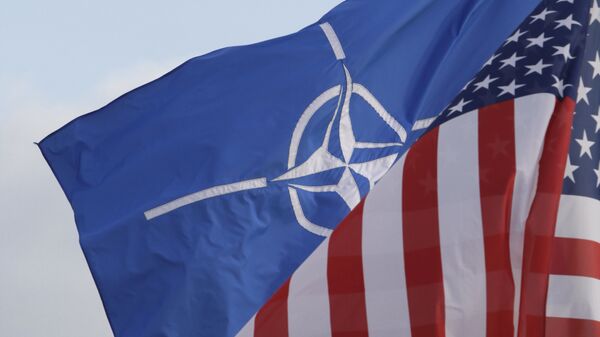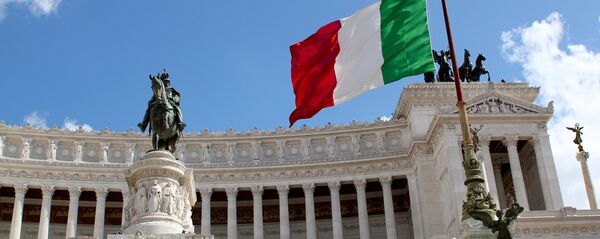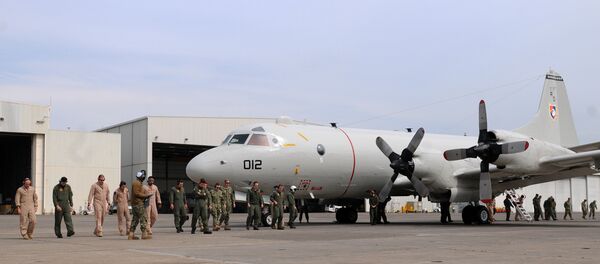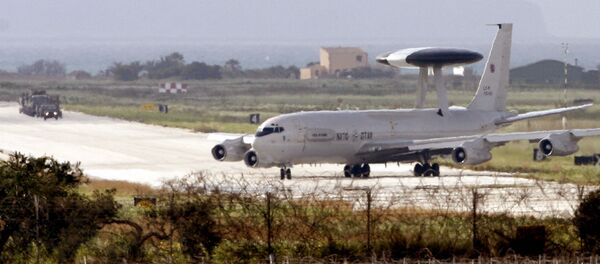During his presidential campaign, Trump repeatedly stated that the United States should decrease its support of other NATO member states and only protect members of the alliance which "fulfill their obligations" with respect to Washington.
This actually means that US allies, including Italy, are expected to allocate more money for NATO. Rome's acceptance of this policy can be explained by a number of secret US-Italy agreements which were inked 60 years ago and which have yet to be fully made public, according to Molteni.
113: #NATO military sites in Italy, from nuclear fortresses Aviano Air Base to remote US radar installations. Independent country? Hardly.
— Daniel Estulin (@EstulinDaniel) 16 февраля 2017 г.
He said that the agreements specifically stipulated the creation of NATO's Joint Force Command Center in Naples to tackle security threats emanating from the Middle East and North Africa.
"First of all, it's necessary to stabilize the situation in Libya because the country's tensions affect both the [global] oil market and illegal migration flows to Europe. In this vein, the NATO center in Naples will help the alliance better coordinate efforts in this area," Molteni said.
Molteni did not rule out NATO shifting its focus to the Mediterranean from its eastward expansion to repel the so-called "Russian threat" during Trump's presidency.
"Yes, there is such a possibility. Also, let's not forget that the anti-terrorist center of NATO command in Naples can contribute to the beginning of informal talks on the future of Libya between Russia and the United States. All this may help [resolve] the unstable situation in North Africa," Molteni pointed out.
Separately, he dwelt on the issue of Italy's military spending and Rome's participation in NATO, which he said is a "complex problem."
"First and foremost, Italy's participation in the international alliance cannot be addressed by a referendum. This is a very complex issue of foreign policy. Secondly, military expenditures are now budgeted for, which imposes long-term commitments on the government," Molteni said, adding that "modern weapons require years of development."
He remained cautiously optimistic about "gradually" declassifying the secret US-Italian documents, which he said were signed during the Cold War era, "when Italy had just joined NATO."
"Despite the fact that 60 years have passed, NATO is still there and these documents cannot be declassified. Perhaps they can be made public in 20-30 years. Given that NATO remains the same alliance that it was 60 years ago, the terms of the agreements remain unchanged," he concluded.
Never miss a story again — sign up to our Telegram channel and we'll keep you up to speed!





